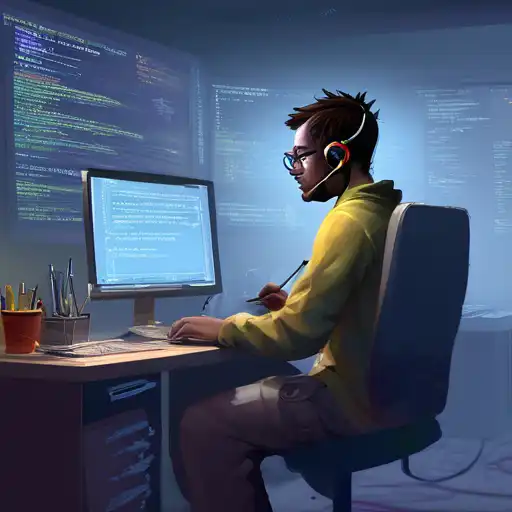Introduction to Debugging for New Programmers
Debugging is an essential skill for any programmer, especially for those just starting out. It involves identifying and resolving errors or bugs in your code that prevent it from running correctly. This article will provide you with essential debugging tips to help you become more efficient and confident in your coding journey.
Understand the Error Messages
One of the first steps in debugging is to understand the error messages your development environment throws at you. These messages are not just random text; they are clues that can lead you to the root of the problem. Take the time to read and comprehend these messages, as they often tell you exactly where and what the issue is.
Use a Debugger Tool
Most integrated development environments (IDEs) come with built-in debugger tools. These tools allow you to step through your code line by line, inspect variables, and see the flow of execution. Learning how to use these tools can save you hours of frustration and help you understand how your code works under the hood.
Check Your Syntax
Syntax errors are among the most common issues beginners face. A missing semicolon, a misplaced bracket, or a typo in a variable name can cause your program to fail. Always double-check your code for these simple mistakes before moving on to more complex debugging strategies.
Break Down Your Code
If you're dealing with a complex bug, try breaking down your code into smaller, manageable parts. Test each part individually to isolate the section causing the problem. This approach, known as divide and conquer, can significantly simplify the debugging process.
Ask for Help
Don't be afraid to ask for help when you're stuck. Online communities like Stack Overflow are invaluable resources where you can find answers to common programming problems or ask questions about your specific issue. Remember, every programmer has been in your shoes at some point.
Practice Makes Perfect
Debugging is a skill that improves with practice. The more you code and encounter bugs, the better you'll become at identifying and fixing them. Keep coding, keep debugging, and don't get discouraged by the challenges you face along the way.
Conclusion
Debugging is an integral part of programming that can be frustrating but also incredibly rewarding when you finally solve a problem. By understanding error messages, using debugger tools, checking your syntax, breaking down your code, asking for help, and practicing regularly, you'll develop the skills needed to tackle any bug that comes your way. Happy coding!
